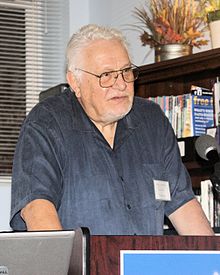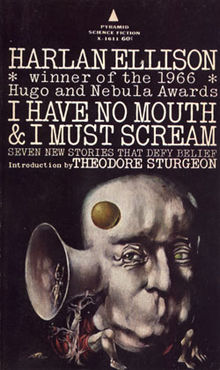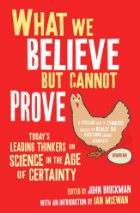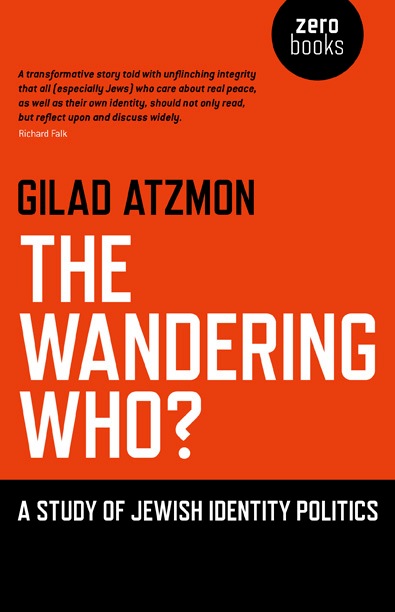
Another fascinating Radio National program worth sharing is Babies and a Sense of Morality in the latest edition of the Health Report.
Highlights:
Babies can recognize good and bad behaviour, and demonstrate that they believe good behaviour is preferable, and even believe that it is right to punish bad behaviour.
The experiment involved exposing babies to puppet shows — no words — in which there were three actants. One was attempting to do something such as push a ball up a hill or open a box to get a toy. Another was a helping agent who assisted the first one with the task. The other was bad, attempting to thwart the first one achieving what he wanted.
The babies demonstrated their preference for the helper.
When they saw a show in which someone was bad to the bad puppet, and another was good to him, they demonstrated a preference for the one who was “rightly bad” for punishing the bad guy.
These are behaviours in babies from 3 to 8 months old.
Check the audio file to find out how they conducted the experiments.
I’m not surprised by the findings. (I am surprised that they could figure out how to do experiments to test for such things.) Anyone who has spent time observing the animal kingdom knows that among social birds and animals there are the same basic moral norms governing their social systems as we have in ours. And they have their own protocols for administering punishments for the rule-breakers, too. The same fundamental morality seems to be part of our nature. It’s all about helping our neighbour and punishing behaviours that are harmful to that ethic. There are human universals that cross all cultures that confirm the same thing.
We don’t need no commandments from gods and preachers to teach us what’s right and wrong. Continue reading “Our Moral Nature”


 Physicist
Physicist 





 I’m thinking of the
I’m thinking of the